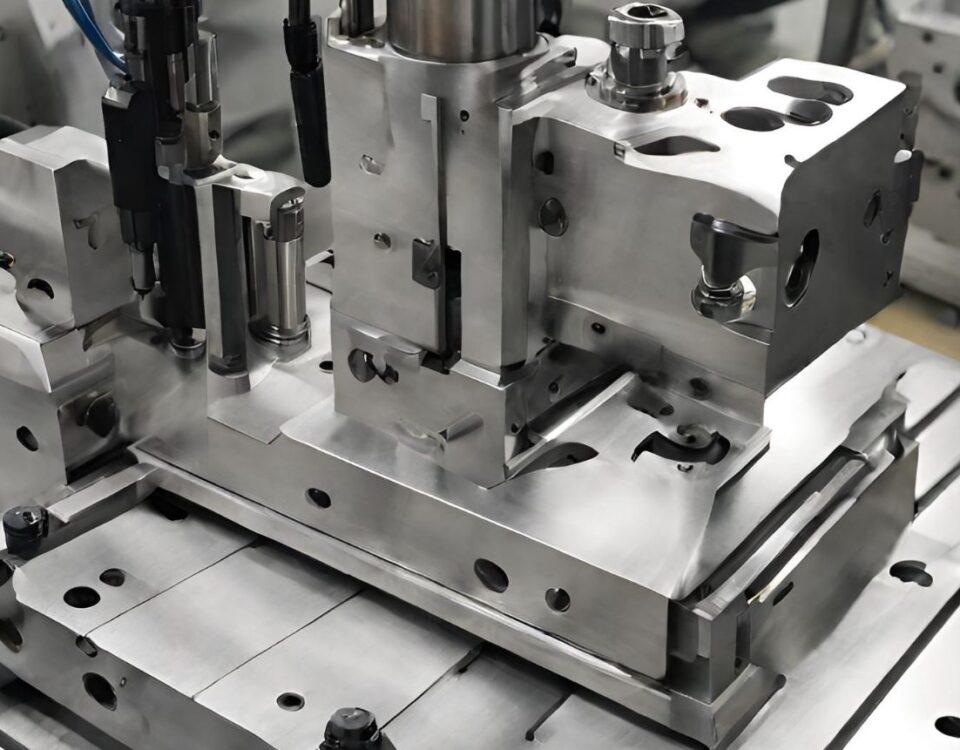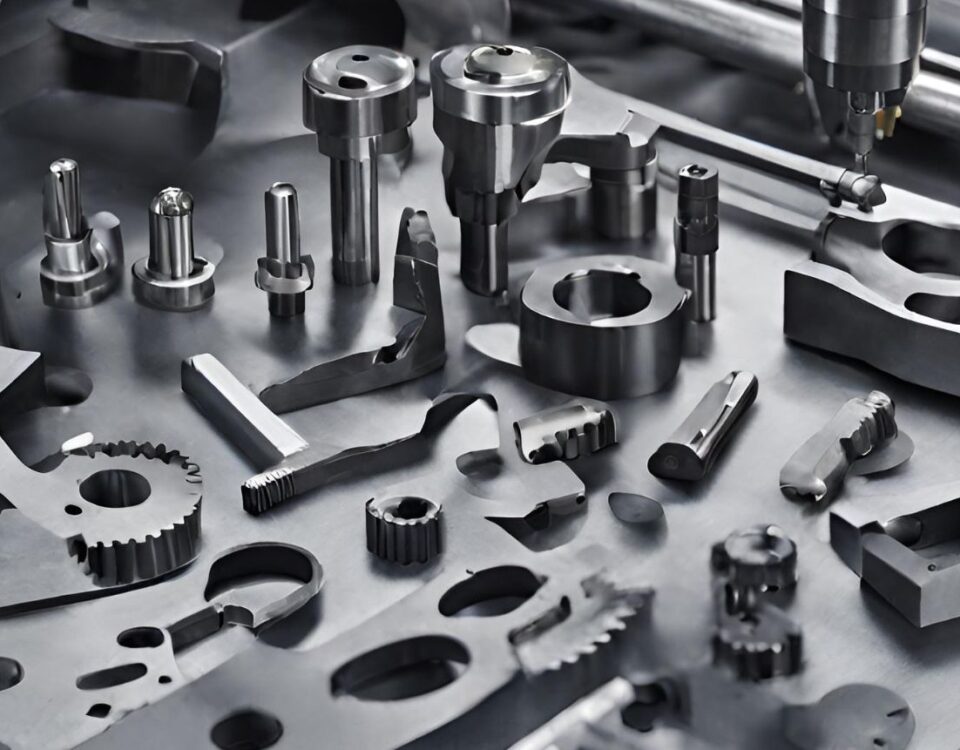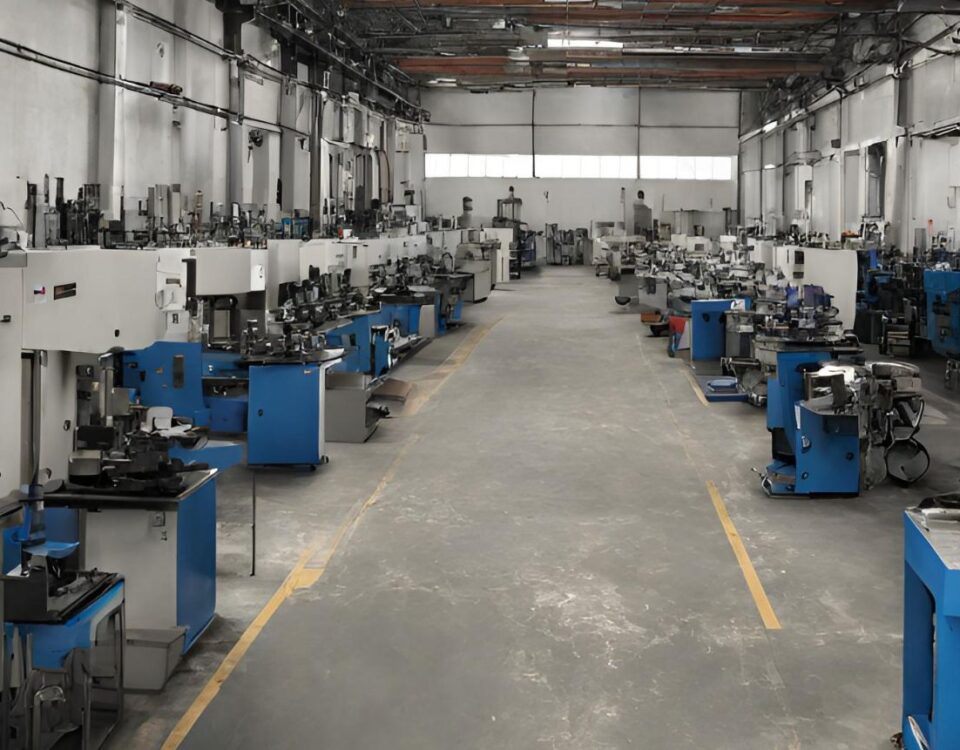
The Machinability of Aluminum cnc machining service
5 January 2024
What are the Components of Precision and in a Manufacturer?
10 January 2024Milling Definition
CNC milling refers to a manufacturing process that involves the use of computer numerical control (CNC) machines to remove material from a workpiece. This subtractive manufacturing method utilizes rotary cutters to remove material, producing a custom-designed part or product. CNC mill service is widely used in various industries, including automotive, aerospace, and manufacturing, due to its precision and versatility in creating complex components.
How Do Milling Machines Work?
Milling machines work by using rotary cutters to remove material from a workpiece. The workpiece is securely clamped onto a platform or fixture, and the milling machine's cutter, which can rotate and move along multiple axes, removes material to achieve the desired shape or form. The movement of the cutter and workpiece is precisely controlled by computer numerical control (CNC) or manually operated mechanisms, allowing for accurate and repeatable machining processes. This method is employed to create a wide range of components, from simple to highly complex parts, used in various industries.
9 Types Of Milling Machines
1. Column and Knee Milling Machines: These are versatile machines with a vertically adjustable worktable and a stationary spindle. The workpiece is moved on the table against the rotating cutter.
2. Bed Type Milling Machines: Featuring a stable and rigid structure, these machines have a horizontal adjustable spindle and can perform heavy-duty cutting operations.
3. Planer Type Milling Machines: Known for their large worktable and adjustable cross rail, these machines are suitable for machining large workpieces.
4. Rotary Table Milling Machines: These machines use a rotary table to perform various types of milling operations. The workpiece is mounted on the table and rotated against the cutting tool.
5. Tracer Controlled Milling Machines: Utilizing mechanical or hydraulic mechanisms, these machines can reproduce irregular shapes from a template or model.
6. CNC Milling Machines: Controlled by computer numerical control (CNC), these machines offer precise and automated milling operations for complex workpieces.
7. Horizontal Milling Machines: With a horizontally oriented spindle, these machines are ideal for heavy cutting and can create a wide range of shapes and surfaces.
8. Vertical Milling Machines: These machines have a vertical spindle axis, making them suitable for plunge cuts and drilling.
9. Universal Milling Machines: These versatile machines can be adjusted to perform a wide range of operations, making them suitable for various applications in workshops and industries.
Each type of milling machine has its specific advantages and applications, catering to different machining needs across industries.
Who Needs to Use Milling Machines?
Milling machines are utilized by a wide range of professionals and industries, including:
1. Machinists and Toolmakers: Those involved in precision metalworking and the production of tools and components.
2. Manufacturers: In industries such as automotive, aerospace, and shipbuilding for creating parts and components with precision.
3. Engineers and Designers: For prototyping, creating molds, and producing custom components.
4. Maintenance and Repair Personnel: In workshops for repairing and fabricating machine parts.
5. Educational Institutions: Schools, colleges, and vocational training centers use milling machines for teaching purposes and practical training in machining operations.
Overall, milling machines are essential for anyone involved in metalworking, manufacturing, prototyping, or precision engineering.
Conclusion
The purpose of CNC milling is to automate and precisely control the process of removing material from a workpiece to create a desired shape or part. CNC mill service offers unparalleled accuracy, repeatability, and the ability to produce complex geometries, making it essential in modern manufacturing, prototyping, and custom part production. By utilizing computer-aided design (CAD) and computer-aided manufacturing (CAM) software, CNC milling machines can fabricate components with high precision, consistency, and efficiency, thereby revolutionizing the production of various parts across industries.




